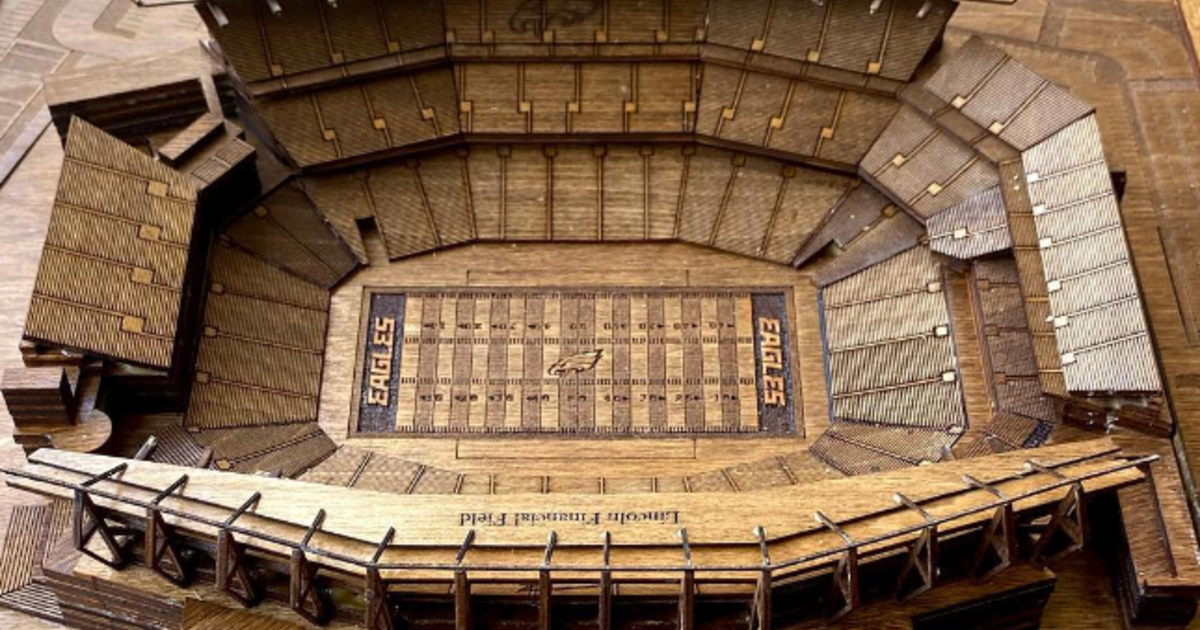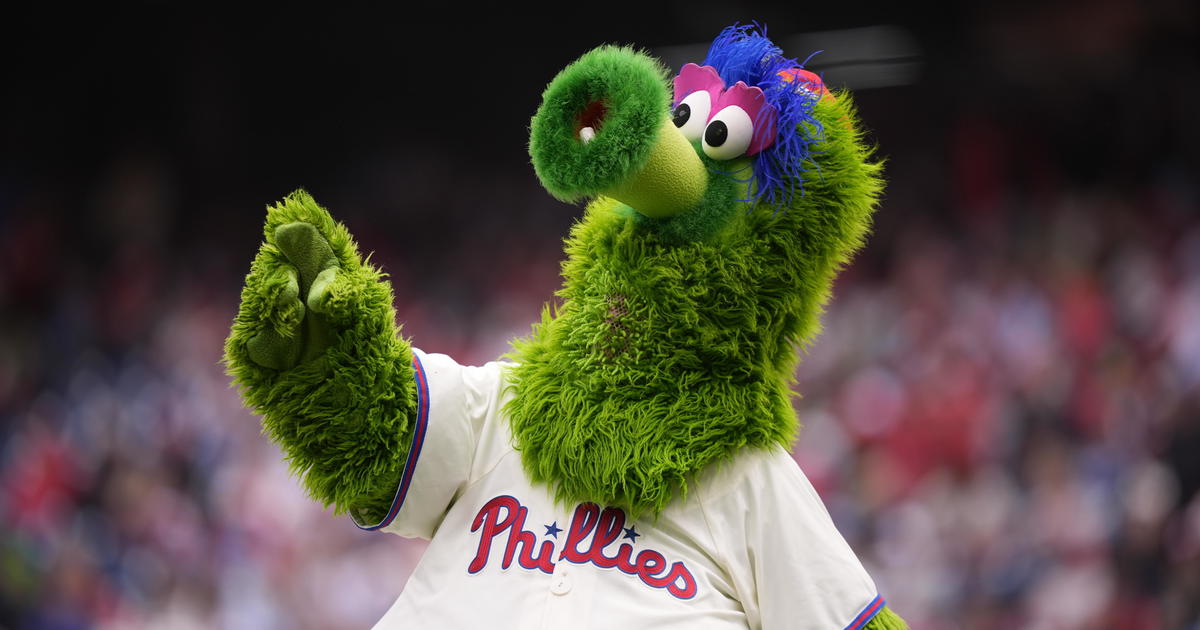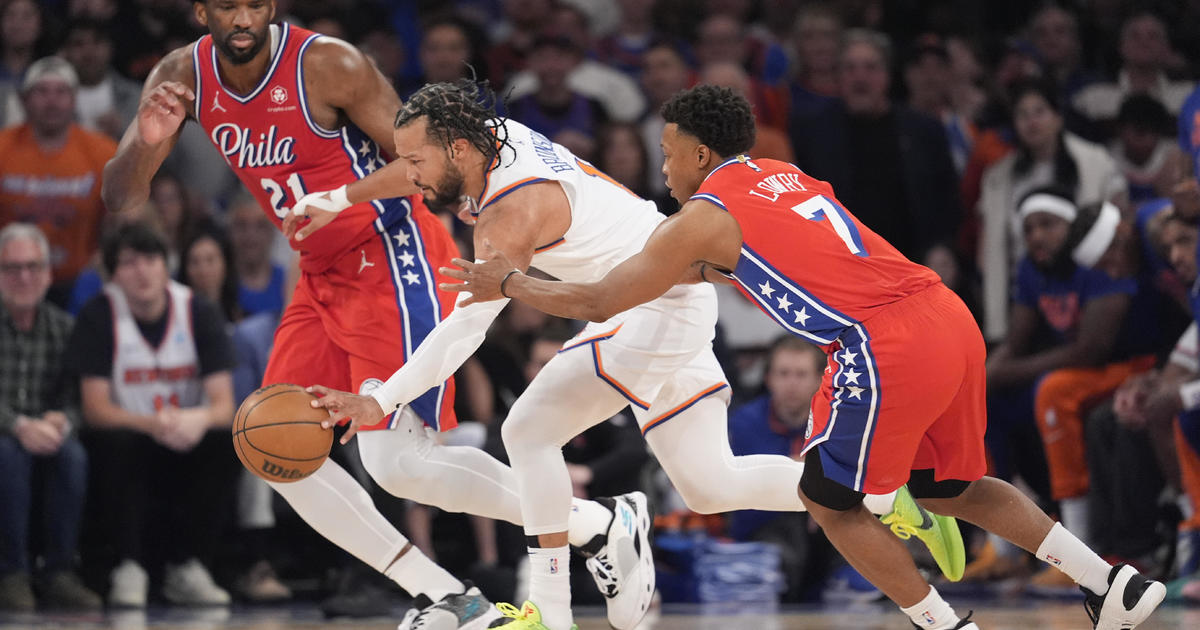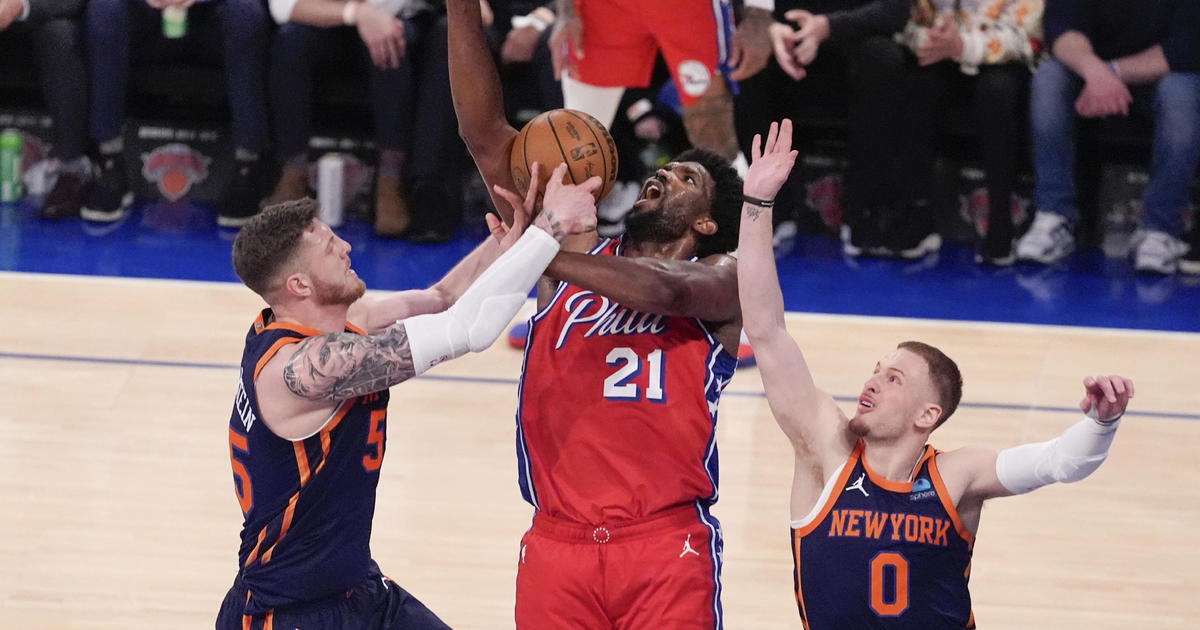Rafi Kohan: There's A Whole World Going On Outside The Game On The Field
Ryan Mayer
As sports fans, we have an emotional investment in the teams that we root for. But, we are also oftentimes deeply connected to the homes for our various teams. Whether it's the legendary confines of Wrigley Field or Fenway Park, or the new shiny shrine to Cowboys football that is AT&T Stadium in Arlington, these gathering places become embedded in our hearts and the community consciousness by the memories that are made there, both good and bad.
But, there's a lot that goes into a production or event as large as a college or professional game. It's more than just the athletes and coaches on the field. There's a whole world of people involved in helping you have a seamless experience in supporting your favorite team. Thanks to a new book by author Rafi Kohan, we can now peak behind the curtain to see some of the inner machinations that are at work in making your typical game day experience. The book, titled The Arena: Inside the Tailgating, Ticket-Scalping, Mascot-Racing, Dubiously Funded and Possibly Haunted Momuments of American Sport, gives you an inside look into the various parts of a game day operation that you may not have noticed before. We caught up with Kohan to discuss some of the things he learned in the process of writing the book.
(*Note: This conversation has been lightly edited for clarity and length)
What was the inspiration behind writing this book?
I'm a huge sports fan, love going to games, but I have always paid attention to those other elements that we all perhaps notice on game day. From the ticket scalpers to the vendors, to the groundskeepers and it always just interested me. It always felt like that was part of the experience but I never really knew as much about it as I wanted to. The topics that interest me in general are these less explored areas. The idea was, let me take a year here and really explore these underappreciated elements.
You got the chance to participate with game day operations crews, groundskeepers, scalpers, what was the most interesting thing or what kind of perspective did embedding with those groups give you?
One thing that, I don't know if it was a surprise, but one thing I went in not necessarily knowing I was going to learn was--I thought that I was going to spend more time watching or thinking about the games than I actually did. I went to a lot of games in the year that I was doing research for the book, dozens of games, and the number of games that I actually watched and appreciated what was happening on the field was minuscule.
That's because when you actually start diving into these worlds, you realize the game just kind of fades away. These worlds are so fully realized in and of themselves that it took me by surprise a little bit. There was so much to learn in each of these areas. The more I scratched the surface on them, the deeper I dug, the more I realized there was more to learn and deeper to go. I never knew what kind of rabbit holes I was going to fall down research-wise or where it was going to physically take me.
I ended up on the streets of Cleveland helping to scalp tickets, or getting a knife pulled on me after a Cavaliers game, or going on a 100 miles long road trip because I was exploring grounds-keeping and I'm driving to the redneck riviera in Alabama to visit a sod farm. The more time I spent with these guys the more I realized how fully realized each of these worlds were. It really gave me a different appreciation for what it takes to put on these games.
Many of the stadium operators said to me that on game day, a stadium becomes a city and it really does. Now, going back to a game as a fan, it was weird for me, because the first game I was back I walked in and had this moment like the Matrix where I could see everything and was like 'oh my god I get it'. I knew that there was a constant current of communication between various different departments that other fans wouldn't notice. I hope that people reading this book can have that same sort of moment because it's really cool and I think, it adds to the experience.
That I think is one thing I've learned from some of the behind the scenes stuff is just how much preparation and rehearsal time these people put in to make sure the game goes off without a hitch.
Absolutely. That's one thing you don't think about, but every little thing has to be so coordinated. There's no room for error. You can only mess up in these roles. There's no middle ground. Especially when you're dealing with such scale. Whether it's delivering hot dogs--you can't run out of hot dogs, you can't run out of beer. When you're running the mascot race, the hot dogs or sausages running on the field, they've got X amount of time and then they've got to get off. It was amazing to see the kind of constant fire drill because it's super high stakes.
You got to visit Wrigley, Fenway and Lambeau, three of the iconic stadiums we have. How do you think teams balance keeping those older stadiums that are filled with the "ghosts" of players past and the constant need for the newest, flashiest, stadiums?
There is no more balance. We are left with only so many of these old places that as you say and I believe, have this history and mystique trapped in the building itself. It sort of wraps itself in the physical concrete. It's trapped in the concrete and the cracks in the pavement. It's just there and you can't duplicate that. There is no more balance. You can't recreate history. Unfortunately I think we've squandered a lot of the buildings that maybe, we should have held on to. Old Yankee Stadium, or Tiger Stadium, or going back further Forbes Field and Shibe Park.
I think what you're talking about is the over-the-top amenities, almost amusement park-like stadium, and that's definitely the direction that it seems that everyone is going in and I think that's the case for a couple of reasons. One, especially for football, it's hard to get people out to the games. Understandably so right? Traffic is a pain in the butt, tickets are expensive and especially for football, you can't appreciate or see the game as well. So, it becomes about trying to create these extra draws like having a Kids Zone or a tequila bar so that people can define their own stadium experience.
Beyond that, I think, on a more basic level that these teams want to make revenue from these stadiums especially with the luxury areas and building a new stadium to offer personal seat licenses. These are revenue streams that ultimately a lot of them don't have to share with the rest of the league so there's more incentive to create them. On top of that, in so many cases, there's a lot of public funding available to be had, which makes it even easier to build these sort of over-the-top "Taj Mahal" type of stadiums.
Finally, you had the chance to experience both pro games and college ones, in particular at Penn State. What's the biggest difference you saw between the two?
It's certainly a lot different, not just from a game operations perspective. I feel like the only pro team that kind of comes close to it is Green Bay, which makes sense because they have the most unique arrangement with being a community-owned franchise. At college stadiums, you really feel that sense of emotional ownership. That it's not just about the game, but it's about this way of life, this sort of broader sense of identity. The game itself, the team itself is just a manifestation of that identity, of that community or region's sense of themselves.
Those games feel really important because it's kind of a reinforcement of who these people are. So, in a lot of ways, I think there's much more at stake in college football. That's evidenced by Penn State as I get into in the chapter, because when that idea of ourselves is upended, whether through the team losing or through some sort of scandal, it can really throw everyone into a sort of identity crisis. You have to sort of re-evaluate who we are, what do we care about, why do we care about it and I think there's a lot more emotional investment on a much broader spectrum at the college level.
Kohan's book, The Arena: Inside the Tailgating, Ticket-Scalping, Mascot-Racing, Dubiously Funded and Possibly Haunted Momuments of American Sport, is out on bookshelves and available online now.



